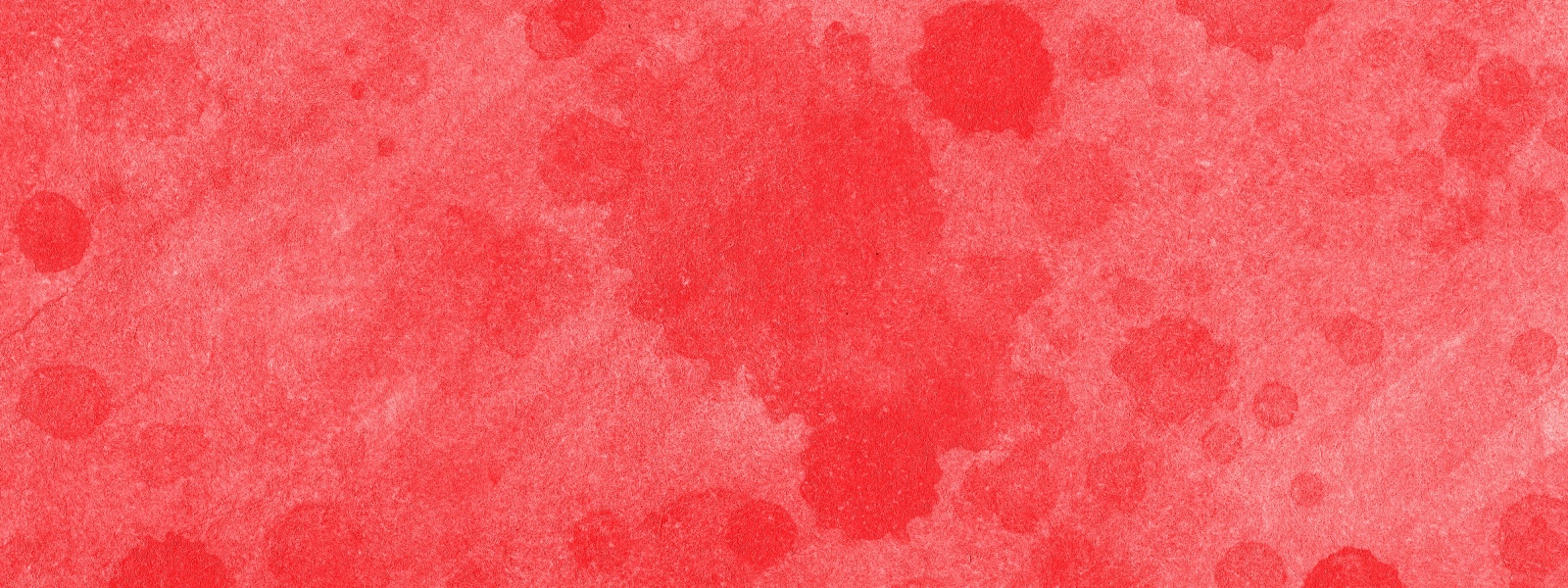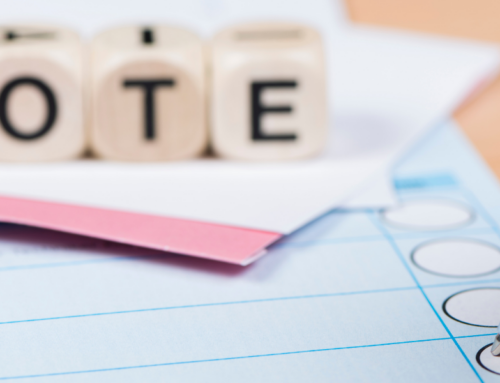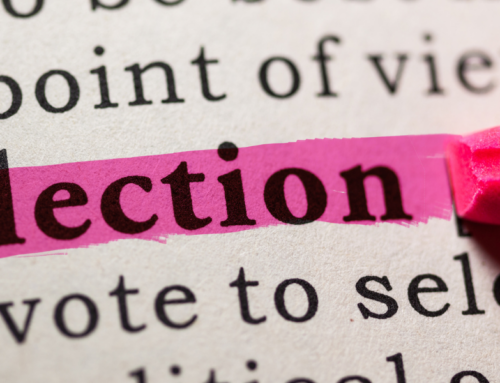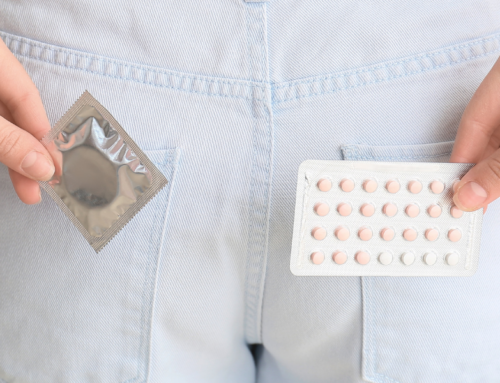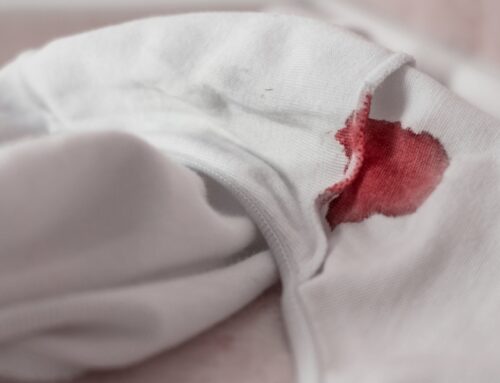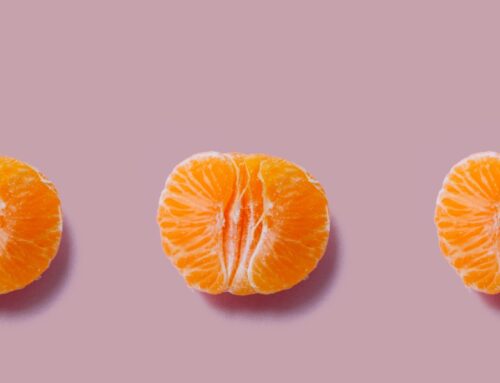Come on, it’s 2020!
It’s time to break the silence about periods. After all, periods are nothing but normal. It’s something that is experienced by many individuals all over the world, so why not talk about it, right?
Menstruation is everybody’s business
Just because you don’t have ovaries does not mean you should not care about it. Anyone who knows a person who menstruates should know what periods are all about, so they can better understand and help the menstruating individuals around them.
Moreover, government agencies and the private sector should care about it. It is the only way they can provide the needs of those who menstruate, like proper washing facilities and period products.
After all, menstruation is a human rights issue.
Talking about periods is the best way to debunk myths surrounding periods
Not talking about periods means not being able to shed light on some period superstitions. And as we know, period myths are not simply gross; they can be harmful, too, for they often pave the way for practices that put menstruating individuals at risk.
One example is the chhaupadi, an ancient Nepali tradition that involves banishing menstruating individuals to mud huts and sheds throughout their period or even longer. This originated from the belief that women become impure when they are on their period, and that they can bring bad luck or diseases to their families.
Often, individuals undergoing chhaupadi are left with no means to properly manage their period, which can cause health complications. They also face other forms of dangers, such as suffocation, fire, pneumonia, and even animal attacks.
Just last year, a woman and her two kids died in Nepal because of this tradition. This is not an isolated case, of course. In fact, “menstruation huts” are still a thing in Nepal that the government had to intervene and start a crackdown on them.
Period poverty still keeps a lot of young people from getting a fair chance at life
Period poverty, or the inability of many menstruating individuals to afford period products, still exists. In the US alone, a huge number of girls have to skip classes because they don’t have access to period products.
It’s like denying that periods exist at all, and that is just unfair! This is why we should talk about it more and even louder. We have to make people aware, especially leaders, that period exists.
Period pain is no joke
When we avoid discussions on periods, we are also denying other aspects of them, like the physical pain, they bring menstruating individuals. In fact, to this day, a lot of women are still not being taken seriously when they try to bring up serious period pain with some health professionals.
Apart from sexism, another thing to blame here is the ignorance of many about what really takes place in one’s body while menstruating. Many still don’t understand how intense period pain can be, making it easier for them to downplay it.
Not talking about period means excluding period waste from the environmental debate
Disposable sanitary pads, which are still commonly used not only in the Philippines but around the world, can be made of up to 90% plastic. An average menstruating individual has their period for about three to five days for about 40 years.
That’s a lot of period waste we are talking about! See? Not talking about periods means excluding the said period wastes from the environmental debate.
Also, how can we start talking about more sustainable and environment-friendly period solutions that can help lessen plastic waste if we keep on pretending that menstruation does not exist?
Indeed, talking about periods is the best way to confront problems that have to do with it. And yes, we should start as early as now.


